Buy Samvardhana Motherson International Ltd for the Target Rs. 120 By Emkay Global Financial Services Ltd
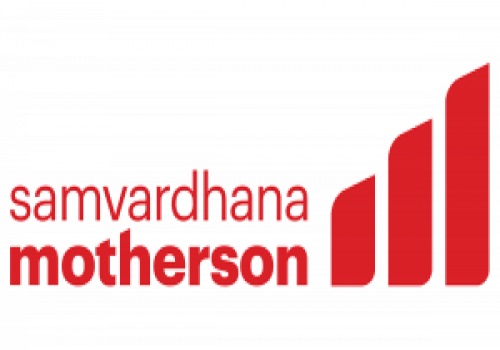
We attended SAMIL’s analyst meet, where it laid out a bold and transformative roadmap over FY25-30. KTAs: 1) Having outperformed the auto industry 2.5x faster in last 5Y, SAMIL has set its sight on USD108bn revenue (4x vs USD25.7bn in FY25) and 40% ROCE by FY30. 2) SAMIL has strategically seeded several emerging businesses (aerospace, consumer electronics, etc) in the last 5Y, positioning itself to capture global opportunities. 3) SAMIL has prioritized emerging market greenfields in last 5Y (mainly India) and is further sharpening its India emphasis. 4) SAMIL has been hand-picked by one of the largest global consumer electronics brands, entrusting it to develop the electronics ecosystem in India with a multibillion-dollar orderbook and profitable operations from Day 1. 5) SAMIL has built one of India’s fastest growing aerospace businesses (+USD1bn orderbook; only Indian exporter to Japan) despite its recent entry, thus cementing a path for accelerated growth up the value chain, also via strategic M&A (France-based AD Industries for propulsion systems). 6) Graduating from basic components to integrated assemblies, SAMIL aims for full car assembly by FY30. 7) Chinese OEMs are spreading wings globally and SAMIL intends capturing this opportunity by leveraging its dominant global manufacturing presence. 8) The mgmt also hinted at potential independent listing of certain businesses upon maturity. We believe that over next 5Y, newer businesses (esp consumer electronics) and its India focus would drive a major delta in SAMIL’s growth trajectory. We retain BUY; TP unchanged at Rs120.
Other highlights from the Analyst Meet
1) SAMIL has outpaced the auto industry with 2.5x growth over last 5Y, 3x EBIT, 5x PAT, and ~2x ROCE to 18.5%; also strengthened its balance sheet with lower leverage despite heavy investments. Targets USD108bn revenue and 40% ROCE by FY30, with sharper focus on non-auto growth, value-added solutions. 2) Has built one of India’s fastestgrowing aerospace businesses, scaling to USD250mn revenue with 17 plants, becoming a tier-1 supplier to Airbus and Boeing and the only Indian exporter to Japan, backed by a +USD1bn orderbook. Further growth will be via higher content per aircraft, MRO contracts, semiconductor expansion, and strategic M&A in Europe, US. 3) It has entered consumer electronics, with a global marquee brand entrusting it to develop the consumer electronics ecosystem in India (mega greenfield operational from Q3FY27) – positioning SAMIL 3-5Y ahead of competition in India’s nascent electronics industry. 4) Customerdriven M&A is a key growth lever; is helping SAMIL move up the value chain; the mgmt is open to auto/non-auto deals when industries see volatility. By FY30, aspirational mix is ~75:25 for auto:non-auto; auto to be the core, albeit non-auto a major growth driver. 5) Revenue from China has grown 2.5x in 5Y to Rs140bn, making it a key growth hub where SAMIL supplies 7 of the top-10 EV OEMs, thus cementing its position in the world’s largest EV market. 6) The mgmt is equally bullish on all verticals, with strong momentum across businesses and customer-proximate manufacturing locations primed to grow; ‘Medical’ identified as a new lever, with expectation of large greenfield investments, M&A
India’s aviation growth potential
- India is already the #3 aviation market, though penetration is still extremely low, as only <10% of the 400mn middle-class flies, and only ~50mn people buy tickets annually.
- Even a partial conversion of train passengers into air travellers could multiply demand for planes by 4x.
- Per-capita flying in China is already 3x higher than that in India, thus underscoring the massive headroom for growth.
- Airport infrastructure expansion is under way, though near-term bottlenecks include limited parking slots for aircraft and a shortage of trained pilots.
OEM perspective on India’s role in global supply chains
- Currently, <2% of global aircraft parts sourcing comes from India, despite the strong demand pull of ~10-15%.
- Over the last decade, India has transformed its reputation in quality, reliability, and ontime performance, especially during the pandemic when Indian supply chains performed better than those of various global peers.
- Both, Boeing and Airbus, highlighted significant trust in Indian suppliers, with Airbus sourcing 1.4mn parts (including complex assemblies like doors) from India.
Entry barriers and stickiness in aerospace
- Aerospace supply-chains have long gestation periods: supplier qualification alone takes ~1-3Y, with heavy upfront work (audits, documentation, capability building) before revenue contracts flow in.
- Once qualified, supplier contracts can last ~25-30Y, owing to stringent regulatory and safety requirements, and thus creating high stickiness and entry barriers.
- The lower tiers in aerospace supply-chains are more profitable, offering Indian manufacturers attractive opportunities as they make strategic investments in build capabilities (a pre-requisite for any major aerospace contract).
SAMIL’s positioning
- SAMIL has built credibility as a tier-1/tier-2 supplier with strong execution, aligning well with the capability requirements and long-cycle nature of aerospace.
- SAMIL has pivoted successfully, from automotive to aerospace since CY17, starting small to build credibility, progressively increasing part complexity, and ensuring on-time quality delivery.
- Acquiring AD Industries in France brought advanced propulsion machining capabilities, nearly 20Y ahead of India’s current state which SAMIL can now transfer back to India.
- The company applies its auto DNA of addressing customer pain-points, disciplined execution, and willingness to invest upfront without compromising on safety or specifications. This customer-subservient model is a differentiator, as most overseas suppliers lack similar discipline and delivery reliability.
For More Emkay Global Financial Services Ltd Disclaimer http://www.emkayglobal.com/Uploads/disclaimer.pdf & SEBI Registration number is INH000000354
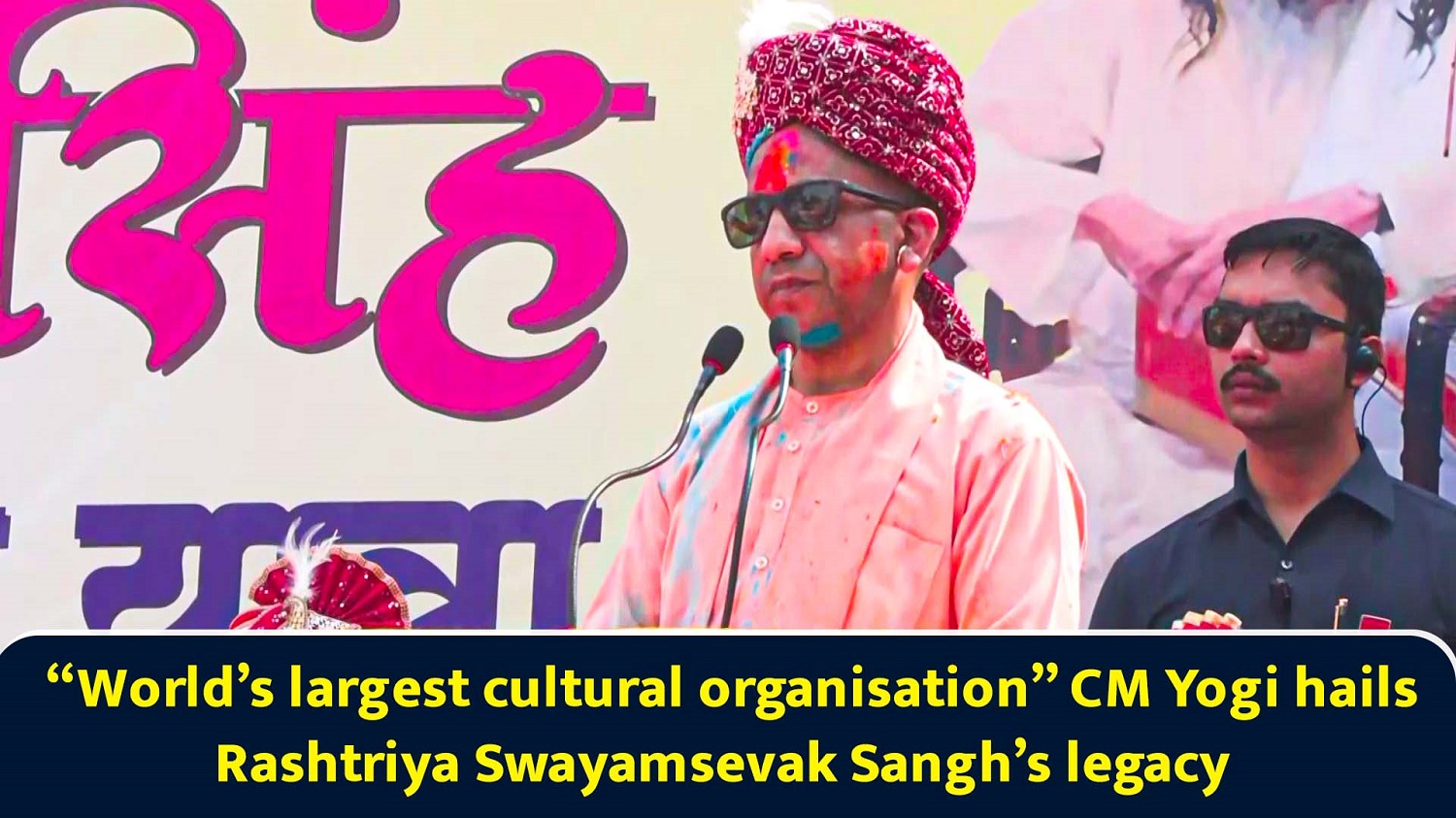












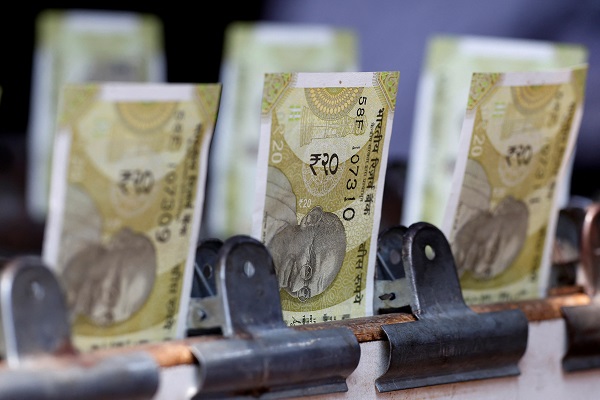


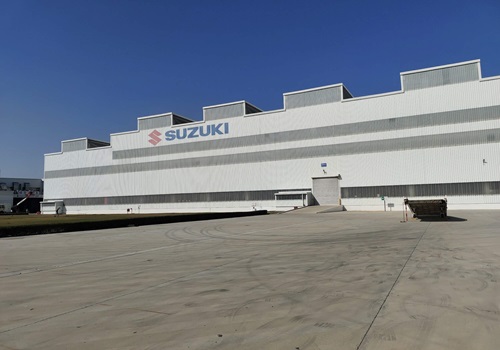

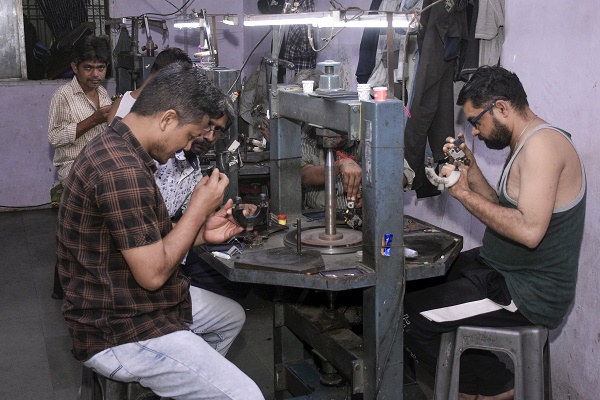
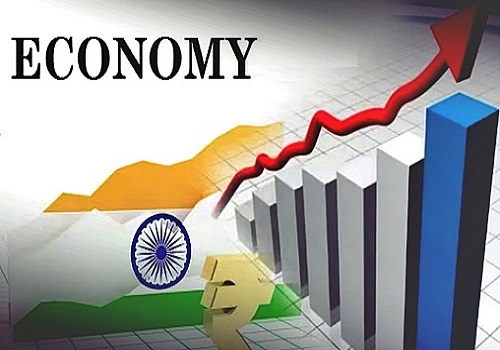
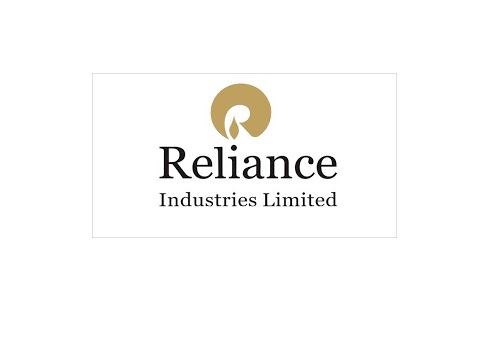

.jpg)
